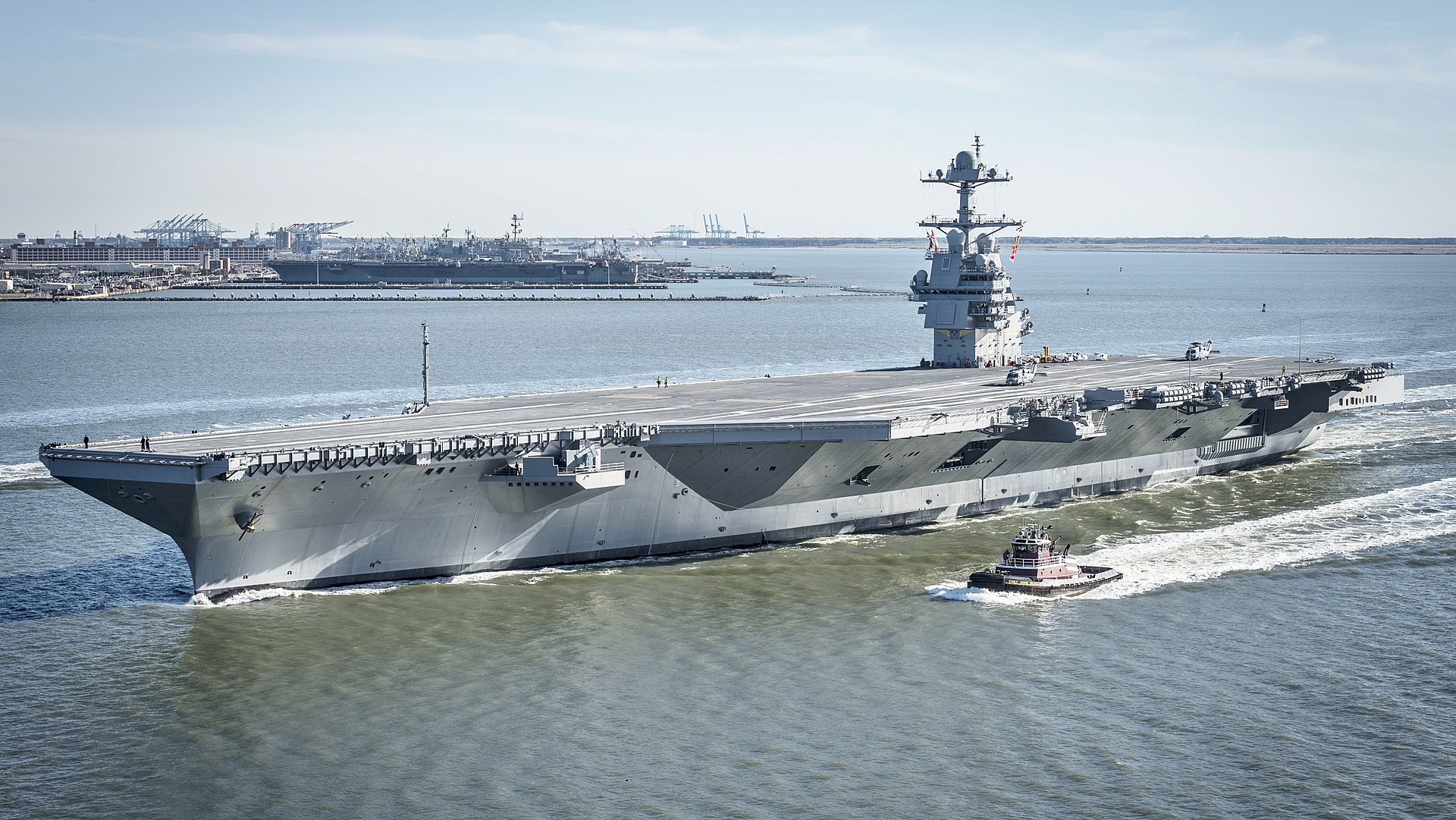A recent US Navy review has exposed major delays in nine of the service’s key shipbuilding programs, with some of them lagging by as much as three years.
The navy’s first Columbia-class submarine, which has been tagged as the future cornerstone of the country’s strategic deterrence, is projected to be delivered 12 to 16 months later than scheduled.
Being built by General Dynamics, the future “USS District of Columbia” was originally expected to be launched by October 2027.
The US Navy’s third Gerald Ford-class aircraft carrier will also be late by up to 26 months despite manufacturer Huntington Ingalls Industries laying its keel in 2022.
“The purpose of the review is to provide an assessment of national and local causes of shipbuilding challenges, as well as recommend actions for achieving a healthier US shipbuilding industrial base that provides combat capabilities that our warfighters need, on a schedule that is relevant,” the document states, as quoted by Breaking Defense.
Total Delay of 11 Years
The review found that the construction of the navy’s first Constellation-class frigate by Fincantieri Marinette Marine is already 36 months behind schedule.
The fourth and fifth blocks of its Virginia-class submarine program are also projected to be delayed by 36 and 24 months, respectively.

In total, the delays in US Navy shipbuilding programs are forecast to be over 11 years, a major blow to the service’s goal of rapidly modernizing its fleet to prepare for a potential conflict in the Indo-Pacific.
“We found that we have issues that need to be resolved,” the Navy’s senior acquisition executive Nickolas Guertin said. “But we don’t have all those things completely nailed down yet. We don’t have detailed plans of action, milestones, initiatives.”
Act Further Ahead
The delays were attributed to the abrupt disruption in the supply chain because of the COVID-19 pandemic.
Guertin emphasized the importance of thinking and acting further ahead, particularly in procuring shipbuilding materials.
“We need to think longer term… that’s just the world we live in today,” he said. “There [are] some differences that we found that we need to dial into how we do this work going forward.”












